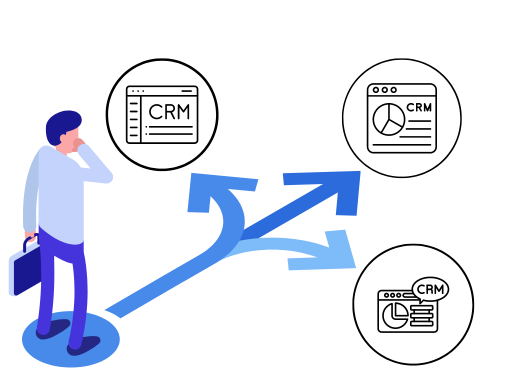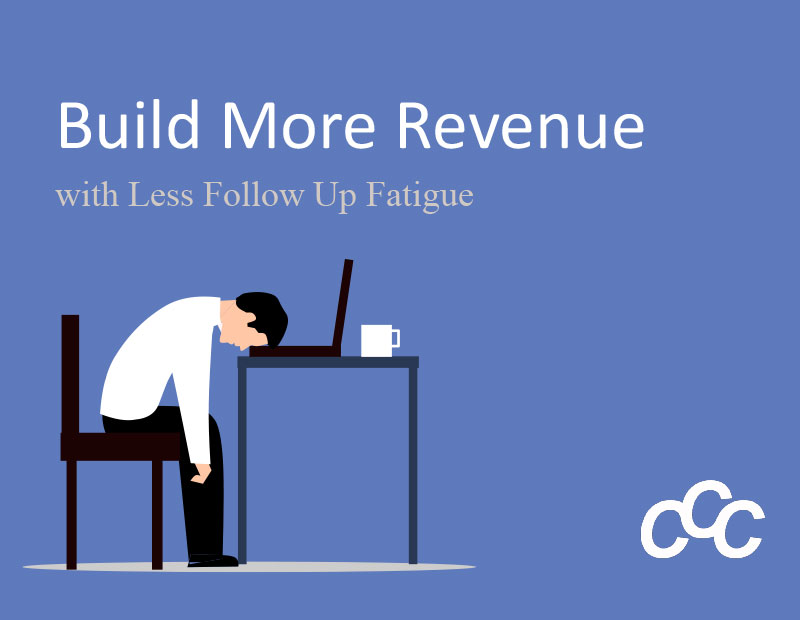How do you choose the right CRM for you?
Choose the wrong one and either overpay or be frustrated by your CRM’s limitations.
What Do I Need to Know?
CRMs come in all sizes, shapes, and prices. Prices range from about $8.00 to $150.00+ per user per month, exclusive of startup costs. And you get what you pay for! Your needs drive the price, so list your needs, and set a preliminary budget.
Some businesses use their Customer Relationship Management software (CRM) to track contacts from “Womb to Tomb” and the CRM is part of its “Institutional and Economic” value. For others, it is a Rolodex. Decide on what you need.
Get it Right the 1st Time
Perhaps you are not sure? Or you don’t know what the expensive CRMs offer. It is important to know what is out there. Getting it right the first time will save you time and money.
With so many choices, how can you know what CRM to select? What do you need to know to make the right decision? What does a CRM cost?
CRM Elements
CRMs range from the “Electronic Rolodex” to sophisticated marketing and sales machines. CRMs can be divided into 3 types:
- Level 1 – Add, edit, and maintain contacts, add a limited number of unique fields, and add tasks.
- Level 2 – Manage mail lists, execute mail campaigns and segment contacts.
- Level 3 – Automate external and internal communications (emails, texts) and tasks. Build email and proposal templates.
Functionality expands exponentially as you move up each level.
Prioritize Your Needs and Budget
Can you list the activities for which you will use your CRM? This list drives what CRM “level” you need and what budget to expect.
If you only need a central place to keep contacts, there are many CRMs for less than $20.00 per month or free.
If you feel your needs are more robust, create a list of your repetitive emails and follow-up tasks in your marketing and sales actions. Many of them can be embedded in your CRM.
CRM Differentiators
How do you know the differences between Level 3 and Level 2 CRMs? The differences relate to AUTOMATION.
Imagine if your CRM did the following without any work on your part:
- Sent personalized, segmented emails to new prospects by industry, age, and location every 2 weeks for 3 months.
- Reminded you to call prospects.
- Tracked your sales team’s prospects.
- Set tasks with deadlines.
- Captured and responded to web leads, notifying you of each lead.
These are a few examples of how automation supports sales.
Cost or Investment?
Invest in a CRM and use its assets to help you to:
- Shorten your sales cycle.
- Remember important contact details and deadlines.
- Follow up with “A & B” prospects and clients.
- Increase your economic value.
And close more sales with less follow-up fatigue.
As a business owner or VP of Sales, choosing a CRM is a big decision. Getting it right is critical, so let’s talk to see what is best for you.





